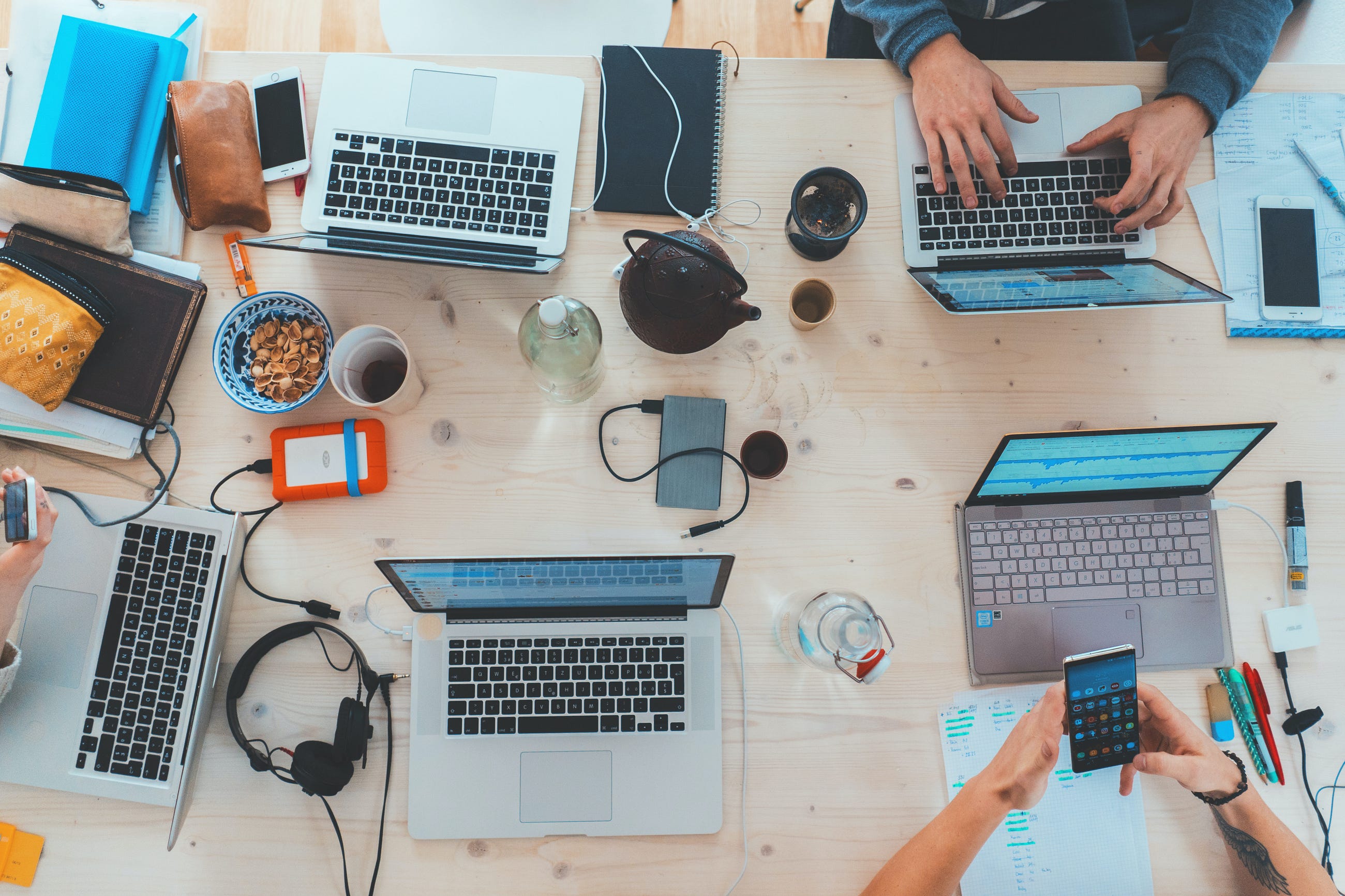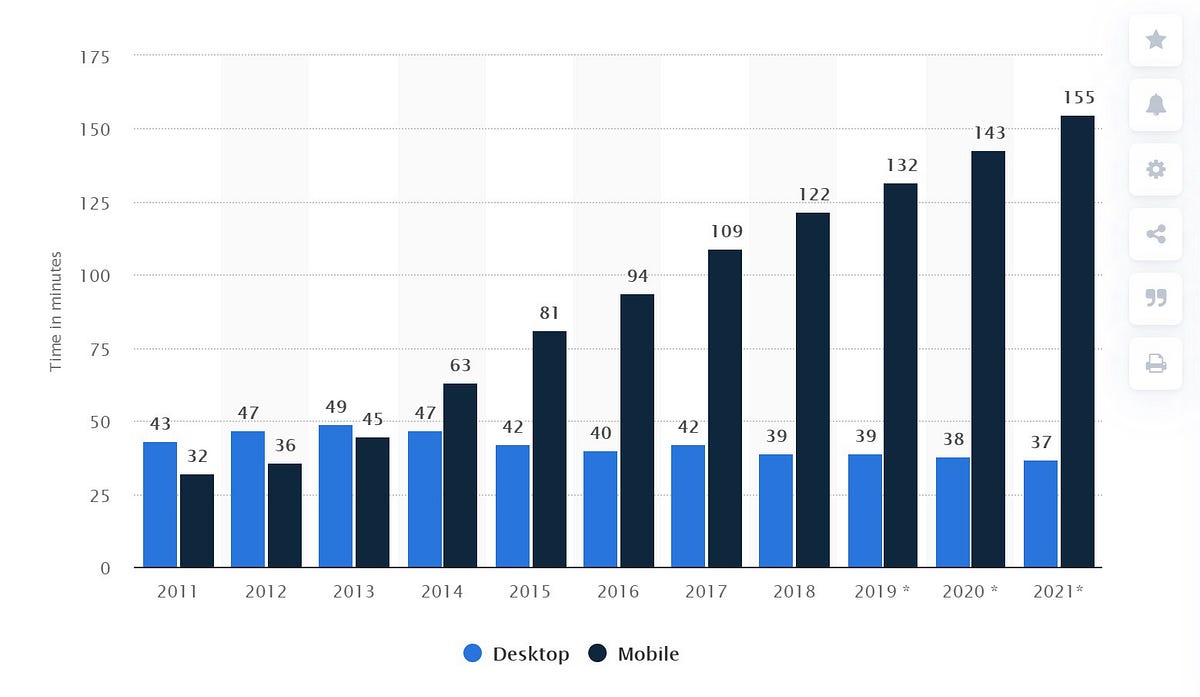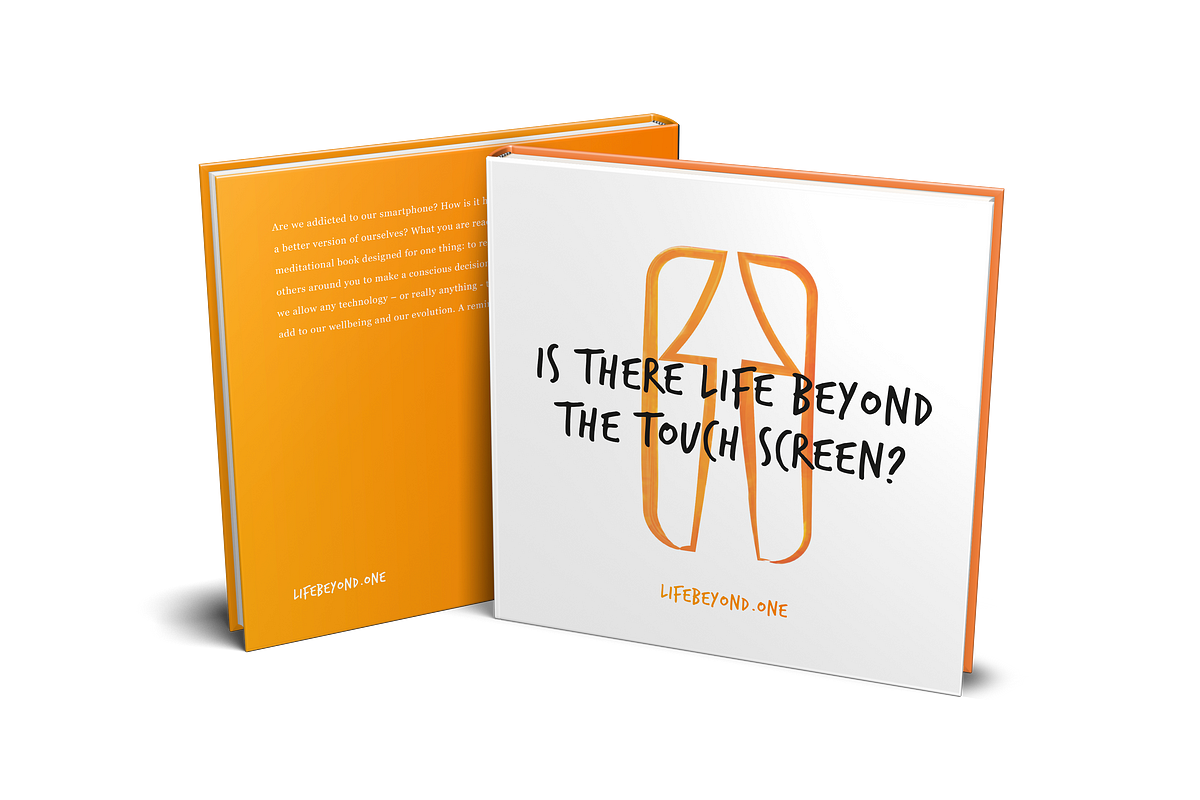Why You Should Be Checking For Signs of Technology Addiction or Digital Overload and Why Especially Now
Solving Technology or Smartphone Addiction and Protecting your Mental Health

Welcome to today's session of the Tech Addicts Anonymous. Good to see you here, I know it takes a lot of courage. Oh, you don't see yourself as an addict?
In this article we’ll be diving deeper into the special relevance and risk of smartphone and technology addiction in the times we live in today — during and after the worldwide covid-19 pandemic and subsequent lockdowns.
If you're not addicted now, and if you're showing no signs of digital burnout yet - please do read on to be aware of the risks. It might just help your future self - or someone you care about.
Why is technology addiction particularly relevant, and why especially now?
First of all, technology addiction - or technology overuse - is relevant to some extent to anybody who owns a computer, smartphone, gaming console, or one or more social media accounts.
Why do I say that?
Simply because if technology addiction is the extreme on a sliding scale of technology usage, and has a negative effect on our mental health (and you can check out in another article just how badly it does), to an extreme extent — then we can extrapolate and state that technology overuse has a negative effect on any of us who use our devices more than we would like to.
Now, unsurprisingly, device usage worldwide had already been steadily on the rise for years prior to the events of 2020.

Daily per capita internet usage worldwide 2011–2021
Adding to that, after the first quarter of 2020 — and extending into 2021 — we’re all using our devices and the entertainment and social modes of communication they provide us with more than ever.
What is the effect that the current covid-19 crisis and lockdowns are proven to have on our device usage? What one would expect, is the following:
- The covid-19 crisis in itself is stressful for many people across the world;
- Covid-19 and subsequent lockdowns cause people to work and leisure from home at unprecedented levels, which leads to more technology usage;
- The stress from covid-19 is multiplied by the stresses of information overload and other negative effects of digital technology.
Turns out, this simple math works out and research indicates that this is exactly what is happening.
The World Association for Social Psychiatry, shows us that under lockdown conditions, one plus one indeed equals two: in a special edition of their journal we come across an article with the revealing title:
“Digital burnout — COVID-19 Meditates Excessive Technology use Stress”.
The authors of this article show how the use of digital technology has raised drastically in the first few months of 2020 — in leisure time as well as for work — and that this indeed has a direct effect on stress and burnout-related symptoms.
Effects of Lockdown on Mass Panic and Polarization
The effects of covid-19 and the lockdowns on our mental health go beyond the individual level. Researchers report in the Journal of the Pakistan Medical Association that:
“Billions of people are in lockdown and isolation on six continents around the world. Most have easy access to information due to internet connectivity and electronic media, which has helped share information about the pandemic. However, information overload during the current COVID-19 pandemic has posed a set of challenges not encountered before. There is an “infodemic” in which false news, conspiracy theories, magical cures and racist news are being shared at an alarming rate, with the potential to increase anxiety and stress and even lead to loss of life.”
Digital Burnout due to Covid-19?
In The Netherlands, The National Center for Prevention of Stress and Burnout conducted a test on 427 subjects earlier this year. The results raised great concerns with chairman Theo Immers:
“What we’re seeing is that as a result of the corona crisis, the group that is at risk is growing very quickly. 56% of workers will collapse between zero to six months if they do not receive the proper support now. In 2019, when we conducted the same research, that was only 17%.”
Is this just happening in The Netherlands? Of course not.

Medical service provider Ginger reported from their own research that seven out of ten workers say that the current crisis is the most stressful time period of their entire career.
Other American research shows that in the month between februari 16th until march 17th, prescriptions for drugs against depression, anxiety and insomnia shot up by 21%. Additionally, it turns out that 78% of prescriptions were for new cases — which strengthens the notion that we are dealing with covid-19 related stress.
Already in august 2020, nearly half (47%) of managers in the UK thought their employees were at risk of burnout due to the changes in work and life during the lockdowns.
Conclusion: Our Mental Health is at Serious Risk
In other words: the dangers of technology addiction are more and more becoming the dangers of tech overuse — to each and every one of us. These effects are very likely to persist for a fairly long time even after the end of lockdowns worldwide; most of us are never going back to the ‘Old Normal’, at least not in terms of working from home vs. working at the office.
It seems obvious that finding balance in the way we use digital technology in general, and social media specifically, will be beneficial to most of us by far — and especially those of us who are at risk of truly becoming addicts.
What can we do? How can we use technology and specifically social media less, and still feel a sense of connection?
In a more extensive article here on the website we dive into the root causes of smartphone and technology addiction. In that article I also share some of my most important and impactful tips and steps to protecting your mental health and fighting digital technology overuse.
* Check out the article on fighting digital addiction and protecting your mental health, here.

My book “Life Beyond the Touch Screen” is available here as an e-book or paperback. It’s a meditational booklet designed to increase our consciousness around the impact of digital technology on our lives as individuals, in organizations and society. A reminder to choose. Take back your energy, focus, and time: get your copy now.
For a limited offer use code MentalHealthFocus2020 on my website www.lifebeyond.one for a 15% discount on all items.
